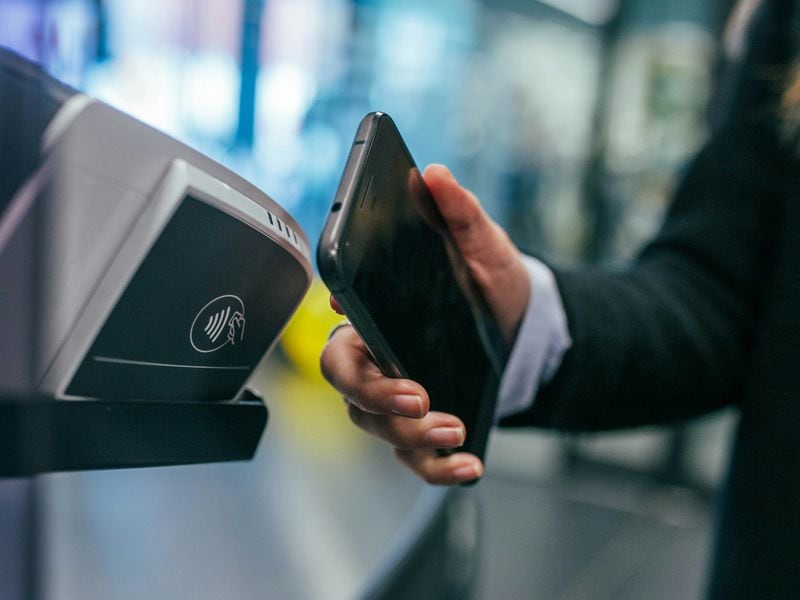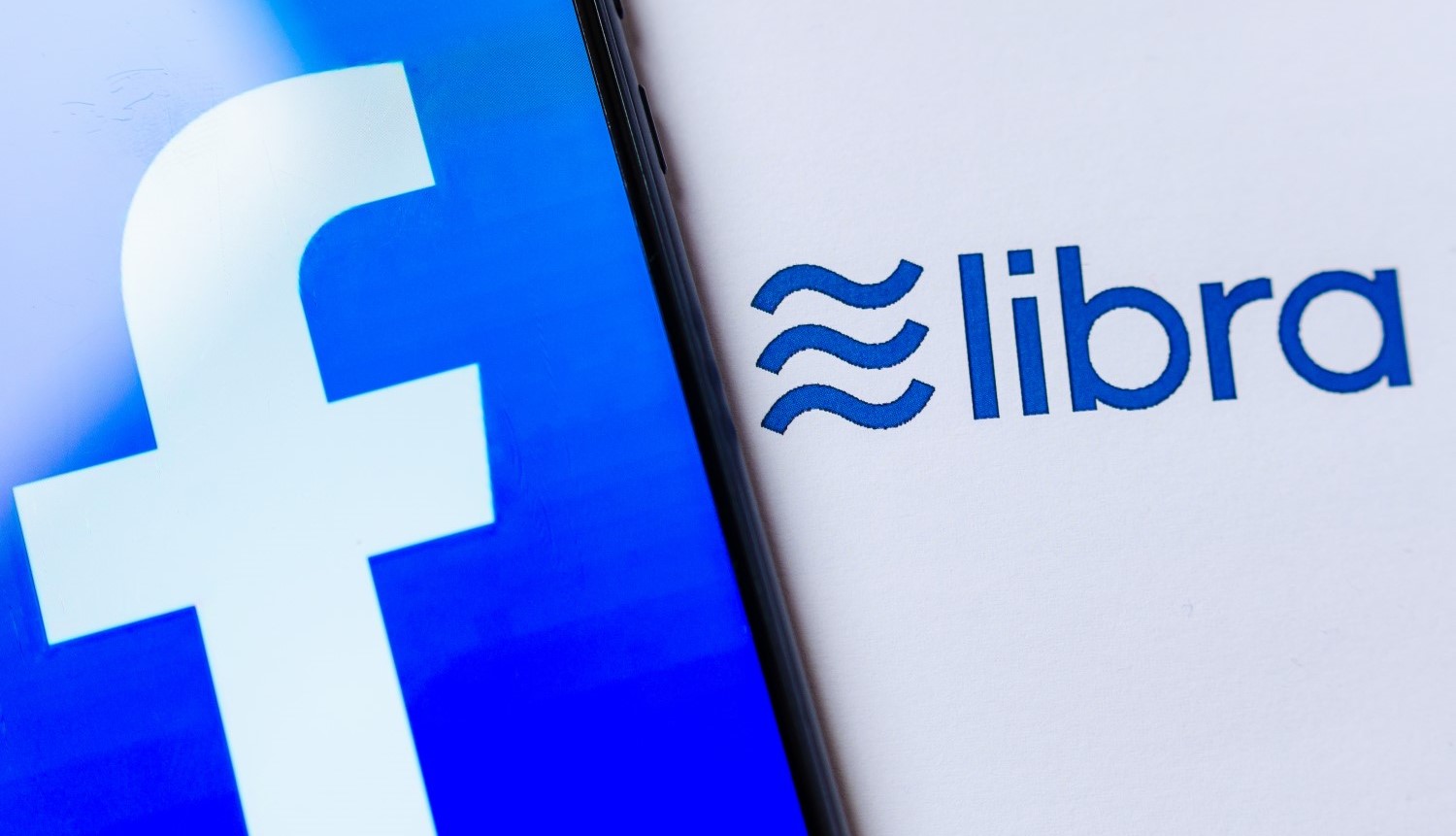Blockchain Bites: Ripple’s Case, SushiSwap’s Migration, Ether’s Bears
Blockchain Bites: Ripple’s Case, SushiSwap’s Migration, Ether’s Bears
A DBS Bank economist thinks the coronavirus pandemic will accelerate digital asset adoption, Mastercard announced a CBDC testing ground and SushiSwap has a temporary governance structure in place.
Top shelf
Digital adoption
Singapore-based DBS Bank thinks the coronavirus pandemic may speed adoption of digital assets, according to a quarterly report filed in August. “Post-pandemic [investing] is beyond speculative. It’s more about, ‘This thing has fixed circulation, it will not be debased.’ People are worried about dollar outflow and wondering if they should hold crypto in addition to gold as a safe-haven currency,” DBS Chief Economist Taimur Baig told CoinDesk. Baig also noted how cryptocurrencies can help to understand the dynamics of dollar-pegged currencies, while blockchain-tied CBDCs are another front in the politicized battle between the U.S. and China, CoinDesk’s Ian Allison reports.
Ripple scams
Ripple has contested YouTube’s claims that it knew nothing about the XRP “giveaway” scams, in an attempt to keep its ongoing court case against the platform on the docket. In a motion filed Tuesday, responding to YouTube’s attempt to dismiss the suit, Ripple said it sent 350 takedown notices to YouTube regarding XRP scams using its logo and likeness of CEO Brad Garlinghouse to extort millions from unsuspecting investors. YouTube is accused of “willful blindness,” with Ripple alleging it disregarded or ignored explicit warnings about the scams happening on its platform,” CoinDesk report Paddy Baker said.
Trade war?
Crypto firms and investors may avoid the brunt of the trade war between China and the U.S. In recent months sanctions employed by both countries have interrupted the flow of capital between the nations’ tech industries – affecting non-crypto startups. Decentralized ownership structure and unique fundraising models makes crypto projects immune to geopolitical risks, said Sharlyn Wu, chief investment officer at Huobi. Jump Trading, Paradigm and Pantera are among the U.S.-based firms that successfully invested in Hong Kong crypto startups, while Hashkey participated in BlockFi’s Series C.
Web3
Swisscom Blockchain, a distributed ledger technology startup owned by telco giant Swisscom, has been awarded a grant from the Web3 Foundation to build a cloud-based protection layer for stakers on the Ethereum-based Polkadot network. Announced Thursday, the grant will help build Swisscom Blockchain’s Kubernetes Operator for Polkadot, a way of protecting participants involved in proof-of-stake processes on Polkadot and the Kusama testnet against losing their staked tokens if the network is attacked or compromised.
CBDC playground
Payments giant Mastercard has released a platform that allows central banks to test how proposed central bank digital currencies (CBDCs) would work in real life. Mastercard announced Wednesday it had launched a virtual testing environment that can simulate issuance, distribution and exchange of CBDCs between banks and financial service providers, as well as end-consumers purchasing everyday goods and services. Raj Dhamodharan, Mastercard’s executive VP, told Forbes his firm is already working with some central banks and that other entities, such as banks or tech firms, are being invited to use the platform.
Quick bites
- Australian University Finds Privacy Issues With Blockchain Technology (Sebastian Sinclair/CoinDesk)
- Overstock’s tZERO Wins FINRA Approval to Launch Retail Broker-Dealer Subsidiary (Jaspreet Kalra/CoinDesk)
- Belarus Nonprofit Helps Protestors With Bitcoin Grants (Anna Baydakova/CoinDesk)
- The IRS Is Offering You $625,000 to Crack Monero (Shaurya Malwa/Decrypt)
- How a DeFi Trader Made $290,000 With Just $200 (Robert Stevens/Decrypt)
At stake
What’s cooking?
SushiSwap, the vampire clone of Uniswap, successfully began porting over $800 million worth of tokens from its rival platform and instituting a temporary governance structure yesterday.
Nine signers of a multisig wallet controlling Sushi’s funds have been elected to govern SushiSwap through full decentralization, though it’s unclear if all the nominees will accept their position.
These signatories will act like a board of directors in the analog world, CoinDesk’s Brady Dale reported, requiring six signees to approve changes to the SushiSwap code or to spend its development funds.
It’s a move that reflects Sushi’s original promise to create a community-run alternative to the most successful automated market maker (AMM), Uniswap. Functionally similar to the protocol it forked from, Sushi’s advantage was its decision to include a governance token, which is required for decentralized decision making.
While the results of this successful fork are still playing out, some assume there will be pressure for all DeFi projects to launch or implement a governance token, lest another vampire protocol emerge. Though it’s unclear if Sushi’s success will lead to Uniswap’s demise.
“Maybe the most fascinating observation of the Unisawp/Sushiswap saga so far is, that now BOTH platforms have more liquidity than Uniswap had before Sushi appeared,” Martin Köppelmann, founder of decentralized prediction market Gnosis, tweeted.
While SushiSwap is taking liquidity currently held by Uniswap, the majority of this capital was placed on Uniswap for the sole purpose of earning Sushi’s incentive program.
This morning, Uniswap is up $117 million in liquidity, or 46%, over where it was when SushiSwap was announced, Dale tweeted. Or, as author of “The Infinite Machine” Cami Russo said last night: Sushi is “growing the pie.”
Apart from the flood of liquidity ultimately destined for SushiSwap, Uniswap has been undergoing a spat of user interest.
CoinDesk’s Zack Voell reported the decentralized exchange has added 1,000 new token pairs in the past week. That equates to 150 pairs added per day.
Exponential growth in the number of tokens and pairs on Uniswap is “a good thing,” according to Jack Purdy, decentralized finance analyst at Messari, as it “shows the power of a completely open, permissionless financial primitives.”
Market intel
Ether puts
Ether (ETH) options traders are turning bearish, placing more than twice as many puts (bearish bets) than calls (bullish bets). Ether’s put-call volume ratio – a measure of activity in put options relative to calls – rose to 2.45 on Wednesday, the highest level since Oct. 31, 2019, according to data source Skew. “The message between the lines is likely that traders want a hedge [via put options] against the activity in DeFi, which has been the primary driver of ether prices,” Vishal Shah, an options trader and founder of Polychain Capital-backed derivatives exchange Alpha5, told CoinDesk.
Cash and carry
BitMEX may be one of the largest crypto derivatives platforms, but it offers the lowest return on bitcoin “cash and carry” trades. Currently, the return offered by Seychelles-based BitMEX on a three-month basis is 2.71% annualized, half of what rival exchanges like Binance, FTX and Deribit are offering, according to data source Skew. Cash and carry arbitrage involves buying an asset in the spot market against a sell position in the futures market when the latter is trading at a premium to the spot price. Essentially, carry strategies profit from futures basis – the spread between prices in futures and spot markets – which evaporates on the day of the expiry.
Tech pod
Bitcoin bug
A previously undisclosed vulnerability in the Bitcoin Core software could have allowed attackers to steal funds, delay settlements or split the largest blockchain network into conflicting versions had it not been quietly patched two years ago. Braydon Fuller, a protocol engineer at Purse, and Javed Khan, a core developer of the Handshake protocol, discovered the bug in June 2018, finding it affected Layer 2 (L2) solutions such as the Lightning Network but not Bitcoin full nodes. “While the vulnerability was fixed, its disclosure highlights the difficulties of building a global money standard on programming languages created by humans, not to mention the high technical barriers to engaging in development of the top cryptocurrency,” CoinDesk’s Will Foxley reports.
Frog’s vision?
Twetch, a micropayment-based social network that runs on the Bitcoin SV blockchain, has introduced an encrypted direct-messaging function that lets users send each other money in the chat. Released Wednesday, Twetch Chat adds a layer of privacy and security to the Twitter alternative and is in line with a trend toward more private communications that have been a focus of companies in recent years. The service relies on Moneybutton or Relayx BSV wallets, and connects to the PayMail protocol, which creates an email-like ID – instead of the string of numbers and characters typically associated with a wallet.
How to
INX IPO
How’s the first registered offering of security tokens in the U.S. going? CoinDesk’s Nathan DiCamillo shows you how to figure it out for yourself.
In the two weeks since INX Ltd. commenced its long-awaited initial public offering (IPO), more than 350 investors’ Ethereum addresses have been added to the “white list” of approved buyers. You don’t need to take the company’s word for it, it’s all on the blockchain, viewable through block explorer sites like Etherscan.
The public data doesn’t show who these registered investors are or how many of the tokens, priced at $0.90 each, any of them has agreed to buy. (INX is seeking to raise $117 million through the sale, which is expected to take several weeks to complete.)
But doing an IPO on-chain gives the public, and INX itself, a novel vista on the process, which traditionally has been a back-room affair.
Podcast corner
‘Absolute Raging Mania’
Hedge Fund legend Stan Druckenmiller joins on the latest edition of The Breakdown to discuss how the Federal Reserve’s policies have created a massive asset bubble while making both inflation and deflation more likely.
Who won #CryptoTwitter?


Disclosure
The leader in blockchain news, CoinDesk is a media outlet that strives for the highest journalistic standards and abides by a strict set of editorial policies. CoinDesk is an independent operating subsidiary of Digital Currency Group, which invests in cryptocurrencies and blockchain startups.








